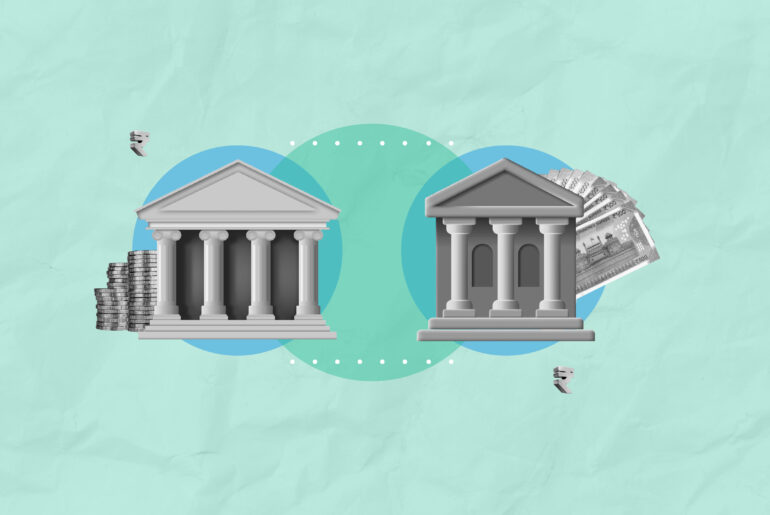Last Updated on May 5, 2022 by Neera Bhardwaj
In an off-cycle review meeting on 04 May 2022, the Reserve Bank of India (RBI) raised the repo rate by 40 basis points to 4.40%, up from 4% previously, which was last reduced in May 2020. Further, the Cash Reserve Ratio (CRR) has been increased by 50 basis points (bps), putting additional upward pressure on interest rates.
The hike will come into effect immediately. But what impact does this have on you as an investor? Let’s break it down into eight areas:
Table of Contents
1. Impact on the stock market
- The announcement caused equity benchmarks to fall sharply, with the BSE Sensex falling more than 1,400 points in intraday trade to close at 55,669.03, and the NSE Nifty settled below 16,700 after a 391-point loss.
- This significant shift is caused due to the inverse relationship between interest rates and the stock market.
2. Impact on the stock prices
- Companies tend to cut back on growth and expansion plans as banks raise interest rates, resulting in a drop in growth, impacting earnings, and future cash flows, and finally leading to a dip in stock prices.
3. Impact on the existing loan
- If you’re an existing borrower, this hike spells bad news; as banks get their funds at a higher interest, they will increase their lending rates, increasing the EMI.
4. Impact on the new loan
- Prepare yourself for higher EMIs because an increase in the repo rate will cause banks to raise interest rates on loans, which means that new loan EMIs will become more expensive – be it a home, a car, or a personal loan.
5. Impact on a fixed-rate loan
- In the case of a fixed-rate loan, such as an auto loan or a personal loan, the interest rate hike will not affect your loan, and you can keep paying your EMIs.
6. Impact on existing house loan
- Existing house loan borrowers will be the most negatively affected, as most home loans are on a floating rate basis, meaning that any rate hike is passed on to the borrower.
- Since most banks use the repo rate as their external benchmark, increasing the repo rate will increase lending interest rates. According to the RBI’s rule, all floating rate house loans obtained after 01 October 2019 are tied to an external benchmark.
7. Impact on short-term FD
- The interest rate on deposits is expected to move upwards. Therefore, you can hope for higher returns on new FDs.
- If you are opening a new FD or renewing an existing one, choosing a shorter-term FD, such as one year or less, is advisable, so that the deposit is not locked at a lower rate.
- Also, short- to medium-term interest rates are usually the first to rise whenever the interest rate cycle reverses from the bottom.
8. Impact on long-term FD
- Long-term interest rates on FD will take a little longer to increase significantly.
- Select Stocks With Analyst Ratings Filters - Jun 15, 2023
- ITC’s Report Card Is Here! - Jun 8, 2023
- Top 10 Most Popular Stocks on Tickertape - Jun 2, 2023





